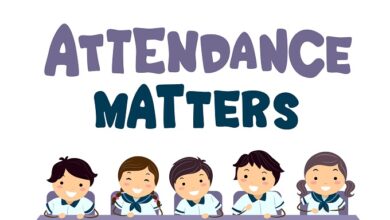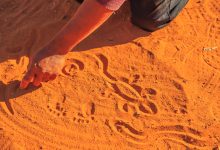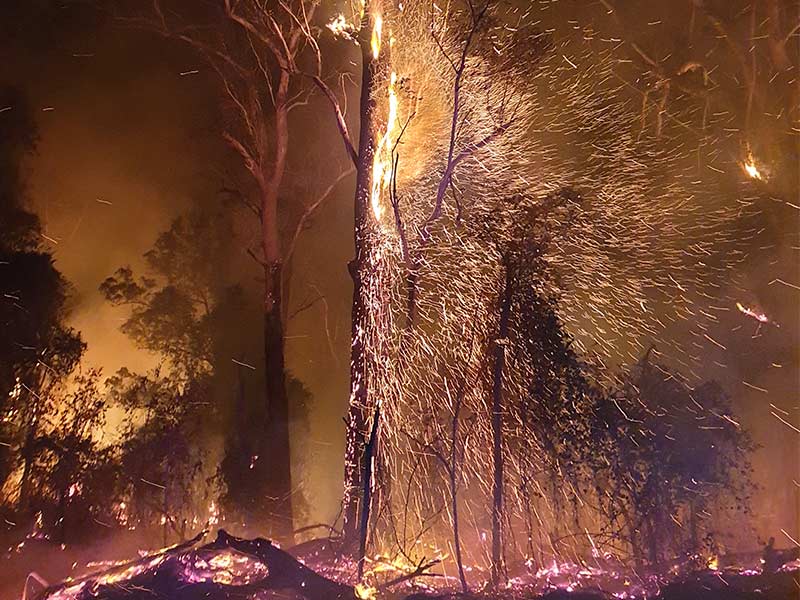
Terms start and terms end. Learning starts and learning ends. But does it have to be like this? Why do our inquiries start and finish when they do? How much thought have we actually actively given to their starting and finishing times? Grant Lewis explains in this article.
Have you ever paused to consider that in most North American, European and English-speaking countries learning stops on the Thursday before the first Sunday after the full moon that occurs on or after the spring equinox in the northern hemisphere or the autumnal equinox in the southern hemisphere?
Complicated? We call it Easter.
If someone was to instruct you to stop your learning on the Tuesday after Gemini was in the Taurean sky (I have no idea if this is possible), I would hope you would rightly question their logic. It seems arbitrary and potentially capricious. Learning surely must come first, rather than an astrological or astronomic event. Yet, every Easter, we stop the learning and consign our inquiry to the completed pile.
If you’ve been teaching for a few years, it is highly likely you’ve experienced the following two scenarios. I hope it is more often the second one that resonates with you, rather than the first.
It is Term 3, Week 6. The students groan when they see your outline for the day and there is an ‘inquiry’ lesson listed. You have four more weeks to go – maybe five if it is a particularly cruel term. You’ve stretched the learning to get this far. You have realised that there is nothing left in this inquiry to teach, as the students have not connected with it, and the students have literally run out of passion or drive for your inquiry. Yet there are still four weeks to go. So many lessons to pad and fill. So many blank sections of a work program staring loom large, daring you to fill them with something meaningful. But you can’t. But you have to. So, you do, only it isn’t powerful learning, it is filler.
Conversely, it is Term 3, Week 10. The students cheer when they see your outline for the day and there is an ‘inquiry’ lesson listed. You only have a few days to go until the holidays and the inquiry is NOWHERE near completed. Time has flown by. The students are engaged. You are engaged. But it doesn’t matter, as in a few days’ time, the inquiry is over, the holidays will begin and the learning will stop. Such rich learning opportunities potentially await, but will never be realised due to the holidays. So, you truncate the learning, tying it up with activities that, instead of enhancing learning, assess and finalise it. The students don’t want to stop and you have that blissful learning hum. So few blank sections of a work program staring loom large, daring you to fill them with something meaningful. But you can’t. But you have to. So, you do, only it isn’t powerful learning, it is shutting learning down.
Inquiries don’t have to be like that. Learning doesn’t have to be like that (neither does being a teacher or a learner). Schools have the opportunity to explore and create inquiries that go for the length of time required. Learning doesn’t fit neatly into terms or pre-determined 10-week blocks. It is far more organic and natural.
We can plan for and anticipate inquiries going for longer or shorter. They can bridge holiday periods; they can start and finish within the term. There are no rules – yet we are, as a system, almost exclusively complying with these non-existent rules.
The Australian Curriculum is broken up into learning areas with general capabilities and cross-curriculum priorities identified. When mapping the curriculum and laying out the sequence of learning for the year, how does your school ensure curriculum coverage and reporting accountability? If you are currently sticking with an inquiry per term, then they are some heavily loaded inquiries that may stultify learning? Is it time for a re-think…?
Read more about this in my new book, Curating Inquiries: Curriculum design and mapping for primary schools available now from Amba Press.







